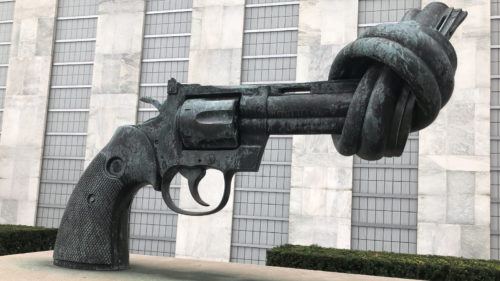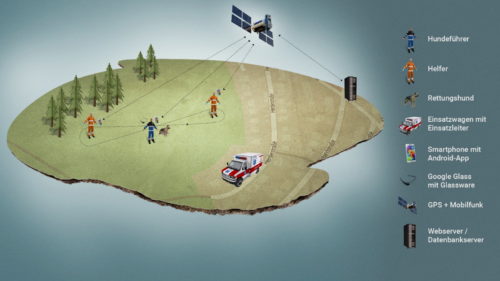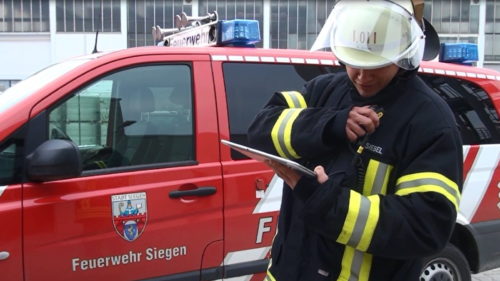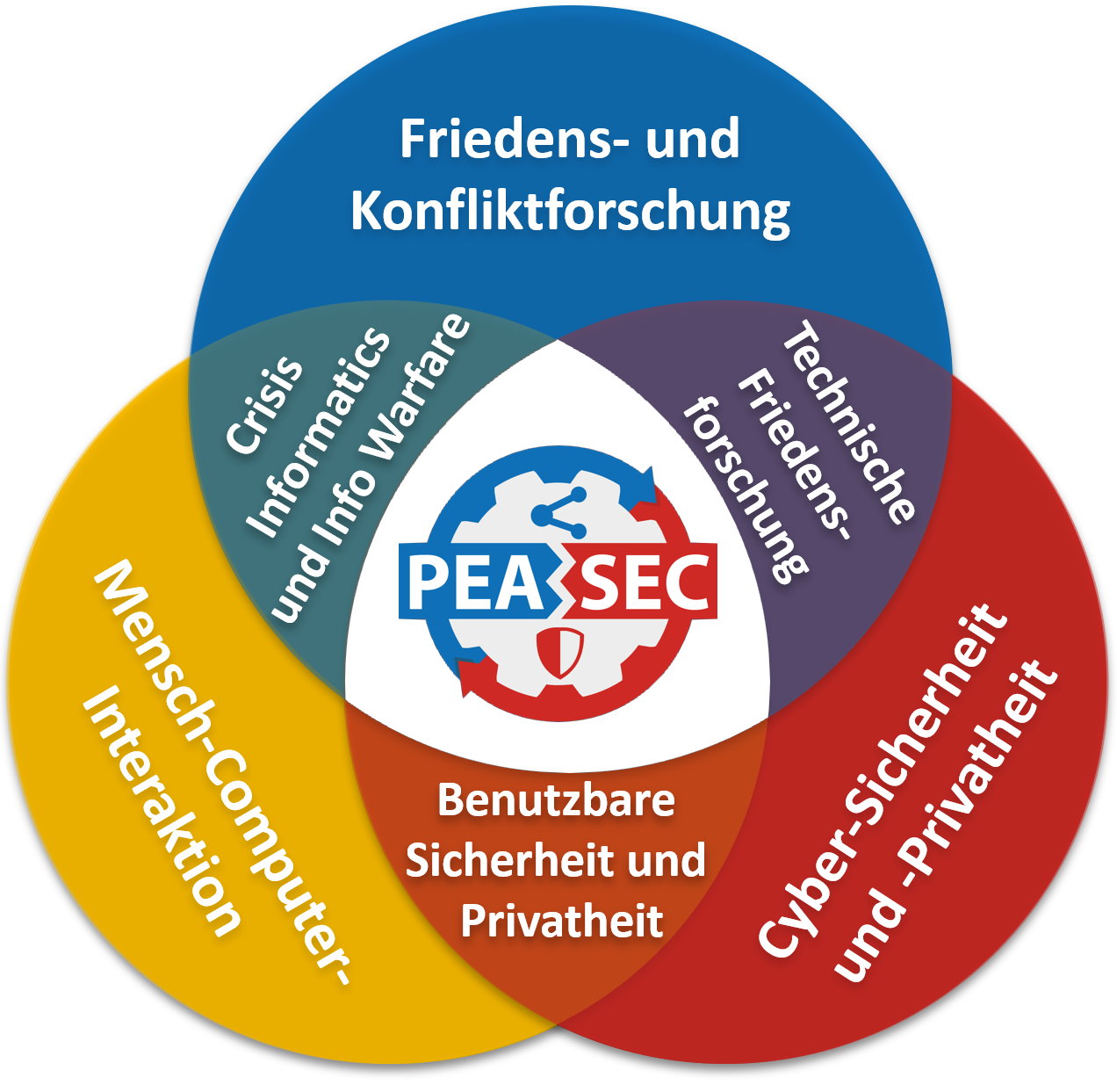
PEASEC is a member of: / ist Mitglied von:

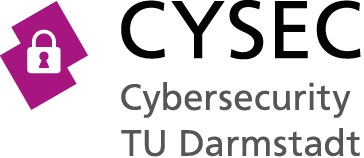
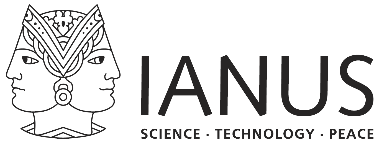
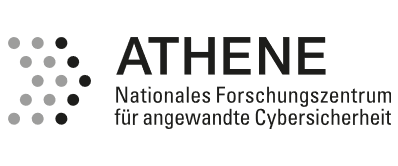



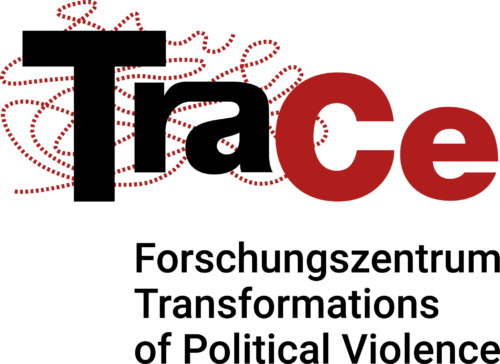

EN
PEASEC – Science and Technology for Peace and Security
Advances in science and technology, esp. in information technology, play a crucial role in the context of peace and security. The Chair of Science and Technology for Peace and Security (PEASEC) led by Prof. Dr. Dr. Christian Reuter & team in the Department of Computer Science with secondary appointment in the Department of History and Social Sciences at Technical University of Darmstadt combines computer science with peace and security research. 
On the intersection of the disciplines Cyber Security and Privacy, Peace and Conflict Studies as well as Human-Computer Interaction the more than 30-person PEASEC team specifically addresses:
- Peace Informatics and Technical Peace Research
- Cyber War, Peace, Arms Control
- Dual Use in Computer Science
- Crisis Informatics and Information Warfare
- Social Media and Collaborative Technologies in Conflict and Crisis Situations
- Opinion Manipulation and Fake News
- Usable Safety, Security and Privacy
- Resilient Digitization in Agriculture / Urban Infrastructures
- Security and Privacy Enhancing Technologies
Methodologically, empirical studies (qualitative and quantitative survey of current developments e.g. of self-help organization during COVID-19) are combined with technical research (conceptualization of innovative interaction concepts, security mechanisms, privacy-enhancing technologies, machine learning algorithms) and final evaluations in the application field (e.g. social media analytics for crisis management). The often interdisciplinary research is regularly awarded and resulted in more than 400 scientific publications (mostly peer-reviewed) including the textbooks "Information Technology for Peace and Security" and "Safety Critical Human-Computer Interaction". Teaching covers both aforementioned research topics and the fundamentals of computer science and was honored with the Athene Award for Teaching Excellence - Special Award for Interdisciplinary Teaching.
DE
PEASEC – Wissenschaft und Technik für Frieden und Sicherheit
Fortschritte in Wissenschaft und Technik, besonders der Informatik, spielen im Kontext von Frieden und Sicherheit eine essenzielle Rolle. Der Lehrstuhl Wissenschaft und Technik für Frieden und Sicherheit (PEASEC) (engl. Science and Technology for Peace and Security) unter Leitung von Prof. Dr. Dr. Christian Reuter & Team im Fachbereich Informatik mit Zweitmitgliedschaft im Fachbereich Gesellschafts- und Geschichtswissenschaften der Technischen Universität Darmstadt verbindet Informatik mit Friedens- und Sicherheitsforschung.
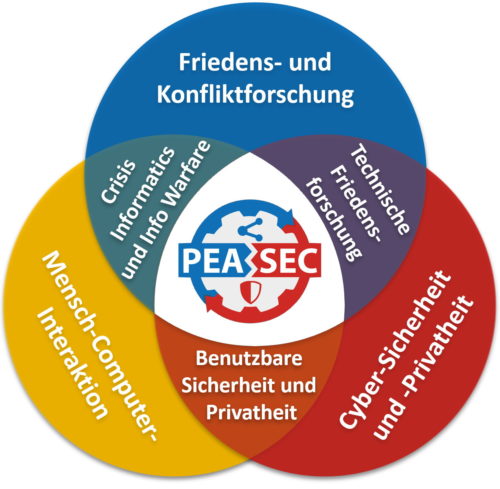 In der Schnittmenge der Disziplinen Cyber-Sicherheit und -Privatheit, Friedens- und Konfliktforschung sowie Mensch-Computer-Interaktion adressiert das mehr als 30-köpfige PEASEC-Team besonders folgende Themenbereiche:
In der Schnittmenge der Disziplinen Cyber-Sicherheit und -Privatheit, Friedens- und Konfliktforschung sowie Mensch-Computer-Interaktion adressiert das mehr als 30-köpfige PEASEC-Team besonders folgende Themenbereiche:
- Friedensinformatik und technische Friedensforschung (Cyber-Peace, -War, -Rüstungskontrolle, Dual Use in der Informatik)
- Kriseninformatik und Information Warfare (Soziale Medien in Konflikt- und Krisenlagen, Meinungsmanipulation und Fake News)
- Benutzbare Sicherheit und Privatheit (Resiliente digitale Infrastrukturen, Sicherheits- und privatheitsfördernde Maßnahmen)
Methodisch werden empirische Studien (qualitative und quantitative Erhebungen aktueller Techniknutzung) mit technischer Forschung (Konzeptionierung innovativer Interaktionskonzepte, Sicherheitsmechanismen, privatheitsfördernder Technologien oder Machine-Learning-Algorithmen) und abschließender Evaluationen im Anwendungsfeld (z.B. Social Media Analytics für den Katastrophenschutz) kombiniert.
Die interdisziplinäre Forschung wird regelmäßig ausgezeichnet und ist in mehr als 400 wissenschaftlichen Publikationen (meist peer-reviewed) inkl. der Lehrbücher “Informationstechnologie für Frieden und Sicherheit” sowie “Sicherheitskritische Mensch-Computer-Interaktion” veröffentlicht. Die Lehre umfasst sowohl die oben genannten Forschungsthemen als auch die Grundlagen der Informatik und wurde mit dem Athene Preis für Gute Lehre – Sonderpreis Interdisziplinäre Lehre – honoriert.


